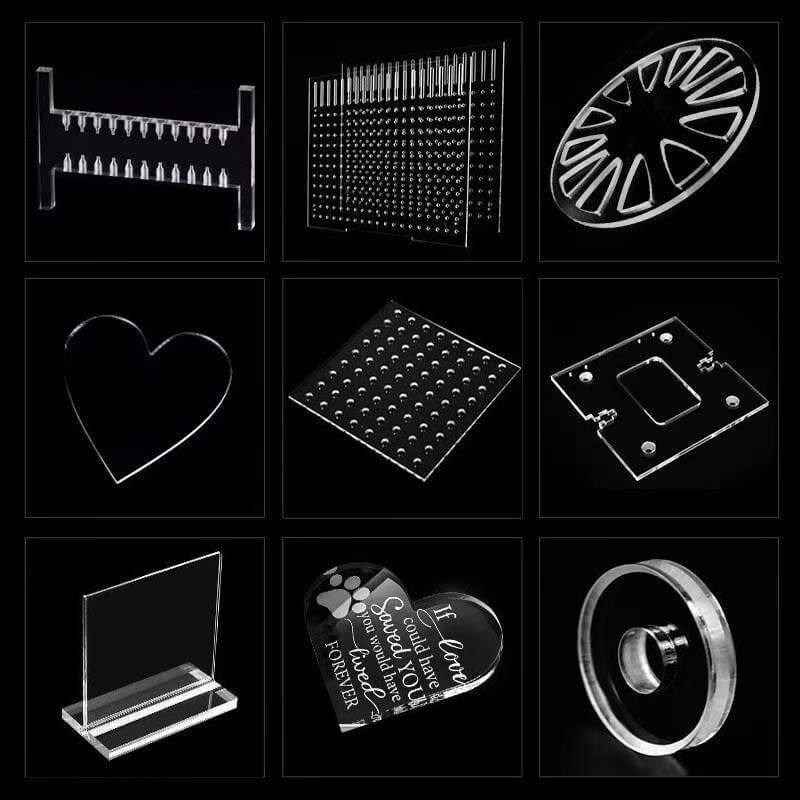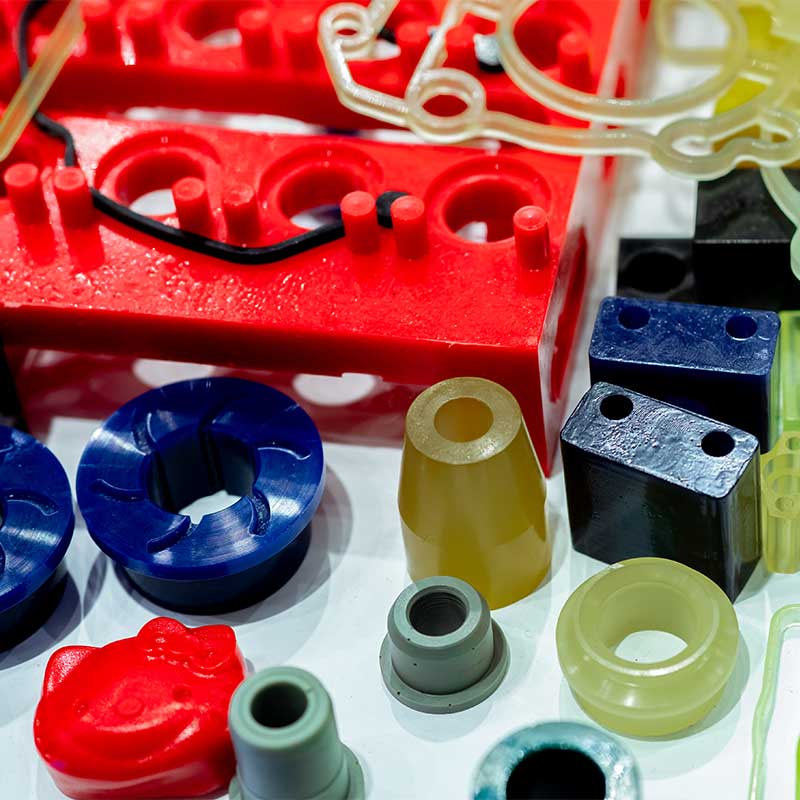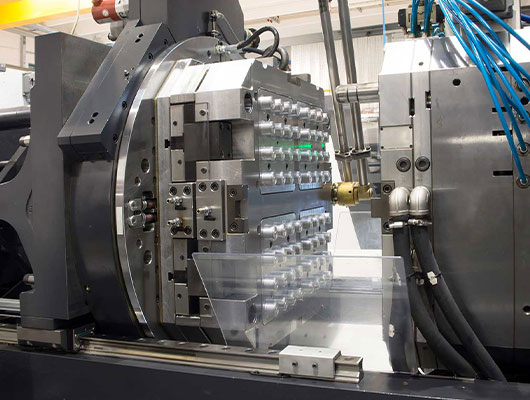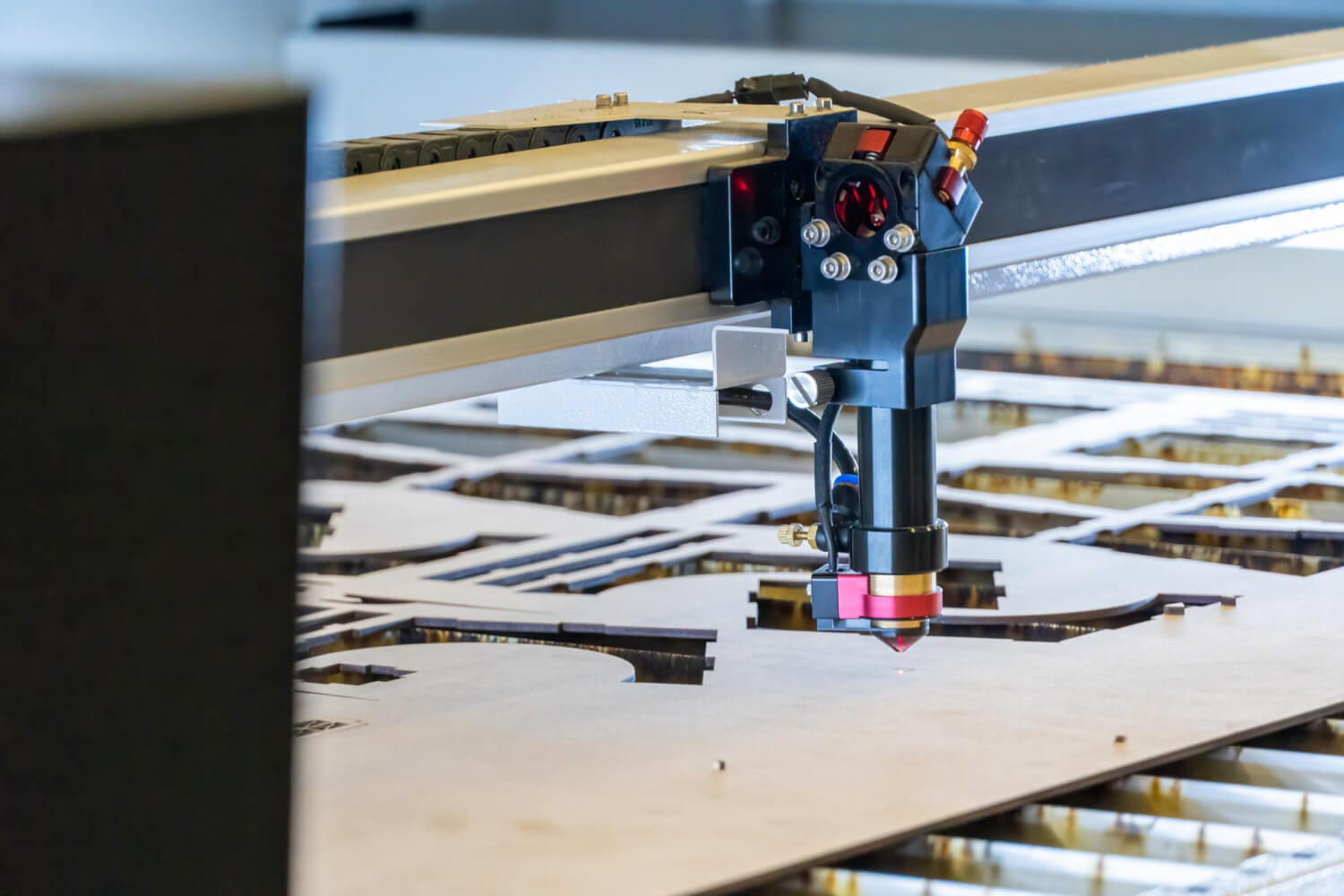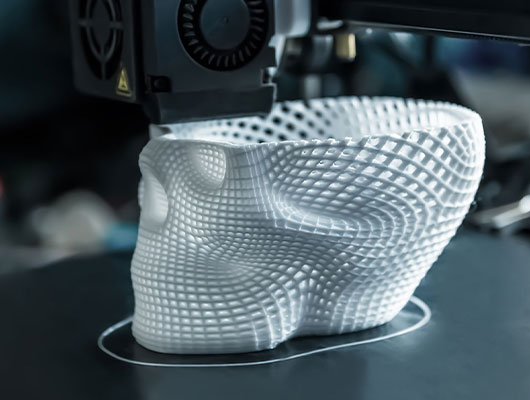Nickel-based alloys are a group of high-performance materials predominantly composed of nickel, often alloyed with elements such as chromium, molybdenum, iron, and cobalt to enhance various properties. These alloys are renowned for their exceptional resistance to corrosion, high temperatures, and oxidation, making them ideal for use in demanding environments like aerospace, power generation, petrochemical processing, and marine applications. Nickel-based alloys are also resistant to thermal expansion and exhibit high mechanical strength, even in extreme temperatures, which sets them apart from other metals.
One of the key advantages of nickel-based alloys is their ability to maintain structural integrity in high-temperature environments, up to 1,000°C or more, without undergoing significant degradation. This feature makes them indispensable in turbine engines, heat exchangers, and chemical reactors, where they must withstand both high temperatures and corrosive atmospheres. The addition of elements like chromium and molybdenum further enhances their resistance to oxidizing and reducing environments, allowing them to endure acidic and caustic conditions that would corrode other materials.
In CNC machining, nickel-based alloys present challenges due to their hardness and tendency to work-harden, which accelerates tool wear. Their high ductility and toughness require specialized tools, precise machining parameters, and coolant management to achieve efficient machining. Despite these challenges, the durability and performance of nickel-based alloys make them a preferred choice in industries that demand reliability under extreme stress and environmental conditions.




